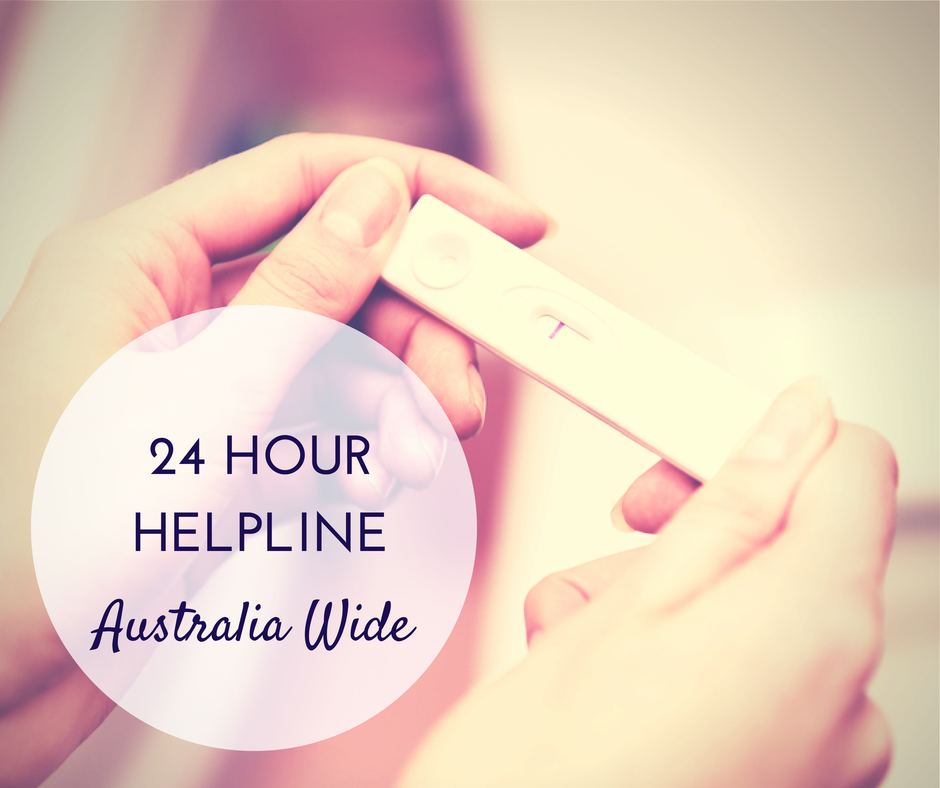The Death Penalty for the Disabled
Last night in Melbourne, Bobby Schindler and Bishop Peter Elliot spoke on the topics of euthanasia and “end-of-life care” for the elderly and disabled. Both speakers challenged the Church and the pro-life movement to broaden their view beyond abortion to see the whole range of threats to human life, from conception through to old age.
Below are some highlights from Bobby Schindler’s talk:
Bobby Schindler: Why do so many people believe euthanasia is acceptable?
Bobby firstly gave us some background on the circumstances surrounding the court-sanctioned murder of his sister, Terri Schiavo, in 2005. You can read the whole story here. Please take the time to read his reflection, and particularly note that his sister was not on life support, as repeatedly reported by the mainstream media.
He then went on to ask what has happened to change people’s views on euthanasia, and why this practice was considered barbaric when carried out by the Nazis during the Second World War, but is now seen as a compassionate solution to the problem of human suffering.
Here are some of the points he raised:
- There is an increase in doctors and nurses opposing the prolonging of life for their patients, and the ‘right to die” agenda is becoming extremely powerful.
- Many doctors are acting in the best (financial) interests of hospitals, rather than the best interests of their patients.
- Witholding nourishment for a human patient is legal throughout the US, even against the patient’s own wishes, but is a felony when done to an animal.
- The criteria for provision of end-of-life care in the US has been altered: whereas feeding-tubes were once considered basic care, they are now categorised as ‘extra-ordinary care.’ This means that doctors are no longer under a legal obligation to provide nourishment for their patients. By contrast, Pope John Paul II made it clear that providing feeding-tubes is the moral obligation of medical staff.
- Bobby attributes the decline in respect for the disabled to emerging philosophies such as “personhood theory”, as espoused by Peter Singer. This theory is becoming increasingly popular among college students.
- The high rate of abortion of disabled unborn babies has led to this widespread discrimination among born disabled people.
But, there is always hope, and God can draw good from every situation: Bobby gave a lovely testimony about his return to the Catholic faith through Terri’s death and how he later met his future wife at a pro-life event. He also pointed out that St. John Paul II died two days after Terri Schiavo, and showed us a cartoon of them entering heaven together; that must have been very consoling at the time.
Bobby Schindler left us with these calls to action:
- We all need to become better educated about our rights as patients.
- The clergy need to give more leadership on the topic of euthanasia, as the push to decriminalise the practise grows.
The Schindler family’s terrible experience could happen to any of us - I couldn’t help thinking about my own children, and how devastating it would be to see one of them denied the medical care they required. The time to act on this is now.
As Bobby said, the Right to Die advocates are becoming a very loud voice, and advocates for life need to be a louder voice.
Will there one day be a need for sidewalk counsellors outside facilities for the aged and disabled?
Will we find prayer vigils outside geriatric hospitals?
Will there be a need for post-euthanasia-grief support groups?
And will it be left to the pro-life movement to provide care for the elderly and disabled who are ‘saved’ from the death penalty?
Please visit Bobby Schindler’s website: the Hope and Life Network - even if you’re already busy in pro-life work, you can sign up to their Facebook page and start sharing some posts. That’s a simple way to alert people to another very distressing trend.



May 20, 2015
I remember following Terri’s story at the time. Coming up to nine years ago I was diagnosed with terminal cancer. They told Luka I only had weeks to live. I was already in hospital and my oncologist was ready to start palliative care. I was so sick I couldn’t keep food down and I was struggling to breathe. I would have been a prime candidate for you euthanasia if it had been legal (not that I would have because I’m a Christian). But the point is that nearly nine years later I’m still here and I’ve had two more children since then. Euthanasia would have robbed myself and my two daughters of our lives. It would have robbed my two young sons of their mother. I know God doesn’t always say “yes” to prayers for miraculous healing, but sometimes He was does. Even if He had chosen not to heal me I still would have trusted Him with whatever end He chose. Our culture is so into natural child birth and natural living, but we are so afraid of natural death. As a mother of four I can say from experience that being terminally ill is a lot like child birth. It is painful and scary, but it is also beautiful and there is something wonderful to anticipate at the end. I would not trade the time I spent with the wonderful friends who cared for me for anything. People who choose euthanasia are focused only on the bad, and forget that there can be good as well. This makes me very sad.
May 20, 2015
Thanks for your testimony, Natalie. I wish more people felt the way you do - that there is good even in suffering and that not all serious illnesses mean certain death. It’s really wonderful that you have gone on to have two more children. What an amazing blessing!